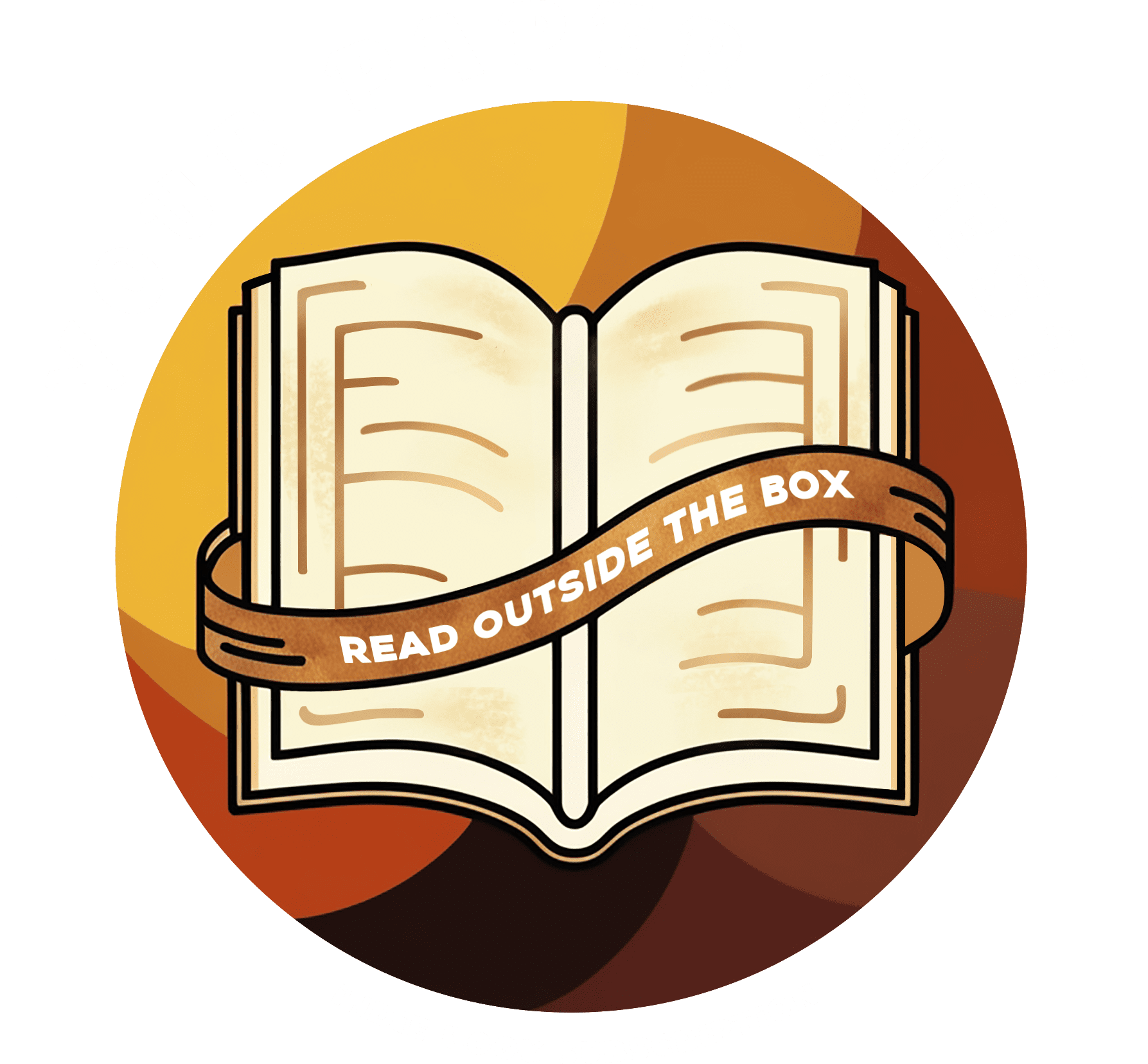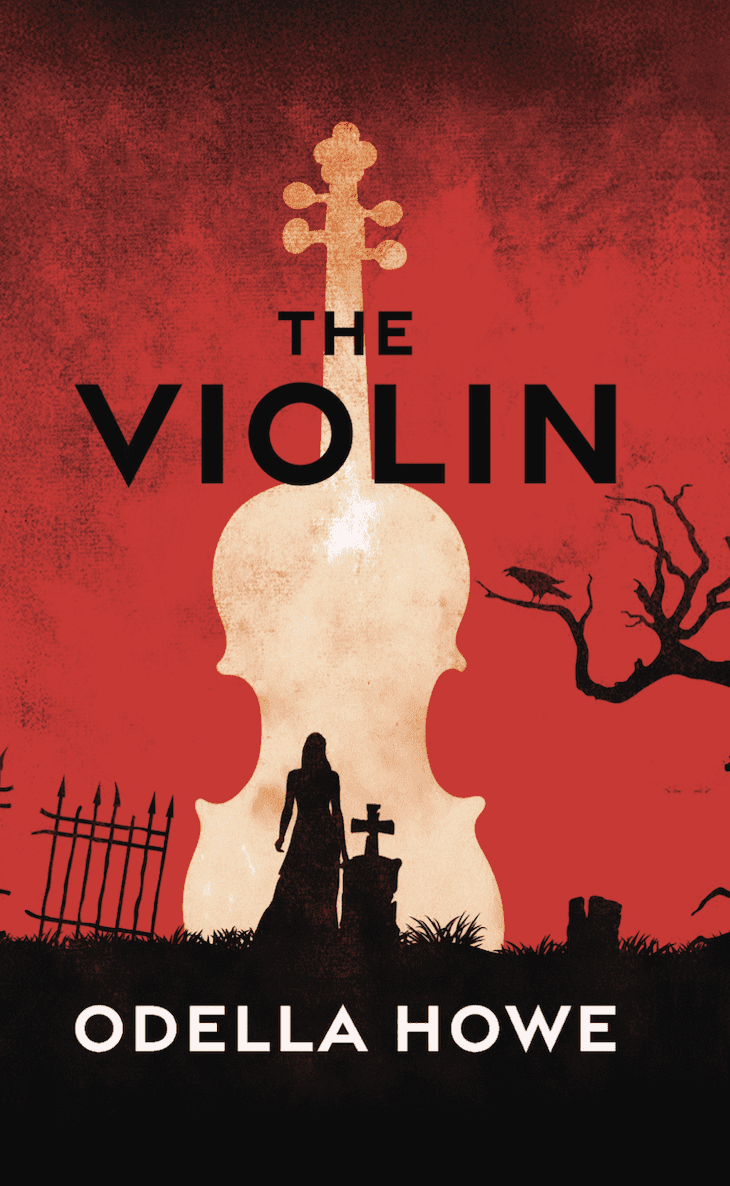Odella Howe
THE VIOLIN
I’ve always wanted to be an author, really. Well, that, and an artist, a veterinarian, a scientist, an FBI agent, and probably a dozen other things. But writing was always my first love (and, spoiler, gives me the opportunity to taste a bit of the other passions, too).
Unfortunately, I was told early on that writing wasn’t a “real job”. That I couldn’t make money doing it. My parents said it wasn’t a suitable career path, so I started looking elsewhere. I did okay in school and eventually got a degree in psychology. Joke’s on them, though, because that bachelor’s degree didn’t qualify me for much more than what I was already doing: first working in a grocery store, then a daycare.
Eventually, I moved with my husband for his job, and not long after, we started having kids. It became clear pretty quickly that one income wasn’t going to cut it. I tried a bit of everything—house cleaning, personal assistant work—but the most profitable thing I stumbled into was ghostwriting. And when I did, it was like a lightbulb went off: Wait a minute… I can actually make money writing?
Still, I wasn’t sure I could turn fiction into an income, at least not the kind of stories I wanted to tell. But after a few years and a decent chunk of debt, I thought—why not give it a real shot?
I’d started a few drafts over the years, but only one truly spoke to me on a deep level: the story that would become The Violin. That was the one I felt I could turn into something meaningful, something worth reading. I still want to go back and finish those other drafts someday, as they helped shape the writer I am now.
And for that, I’m grateful. I hope The Violin is just the beginning.
More than I anticipated! Every time I wrote something, I’d stop and think, Wait, is that actually accurate? Then I’d find myself barreling down rabbit hole after rabbit hole. What color would the walls be? What color clothing did upper and lower classes wear, because I knew dye wasn’t as easily accessible as it is today? What were funeral customs in 1870? What would they eat in this scene? Were restaurants even a thing?
I enjoyed learning about horses thanks to my editor, who corrected a few details about Cassius’s horse—like the revision from eyelashes to forelocks.
But my favorite research by far was discovering how violins are made, which led to a whole new rabbit hole about American-made violins.
That’s how I found out about David Bromberg and his collection of 270 American violins. He began collecting them to challenge the bias against them and trace their history. I felt the high of reading how the Library of Congress initially accepted the collection for storage and categorization… followed by the low when they changed their mind, leading to the collection being split and sold.
As a small thank you for the inspiration behind Elise’s father, Thomas, I actually sent a copy of my book to the violin shop Bromberg used to own.
Cassius McCalmont was definitely the most fun character to write. I always loved Ripley’s Believe It or Not exhibits when I was a kid, and using that as inspiration for his collection was an absolute blast. I actually have the seed of an idea for a prequel about his adventures in South America and how he acquired some of his more unusual artifacts… but I’ve got a lot of research ahead of me.
Confession: I bought a book on South American mythology to prep… but I haven’t gotten to it yet.
The most difficult character to write? That was probably William. I had to make readers feel how important he was to Elise, and how deeply they loved each other. You could argue her memories are unreliable, that she’s mythologized him (the way the dead often are). And maybe that’s true. But I still needed to paint a vivid picture of him for the reader, even though he’s not physically present in the story. It was a challenge, but one I genuinely enjoyed. In fact, some of my favorite scenes are Elise’s memories of him.
You have to write a lot of shit before you get to anything worth reading… and that’s okay. I really think you have to shovel all of that away to excavate the good stuff. Before The Violin, I wrote countless first drafts (off the top of my head, I’m estimating 7-8? But I’d actually have to check and see) that were embarrassingly bad.
One day, I might pull out those old drafts and show off my personal graveyard of failures. I say that with love, of course, because, like I said: each one helped me get to where I am now. Besides, it’s way easier to edit a shitty first draft than it is to start from scratch.


